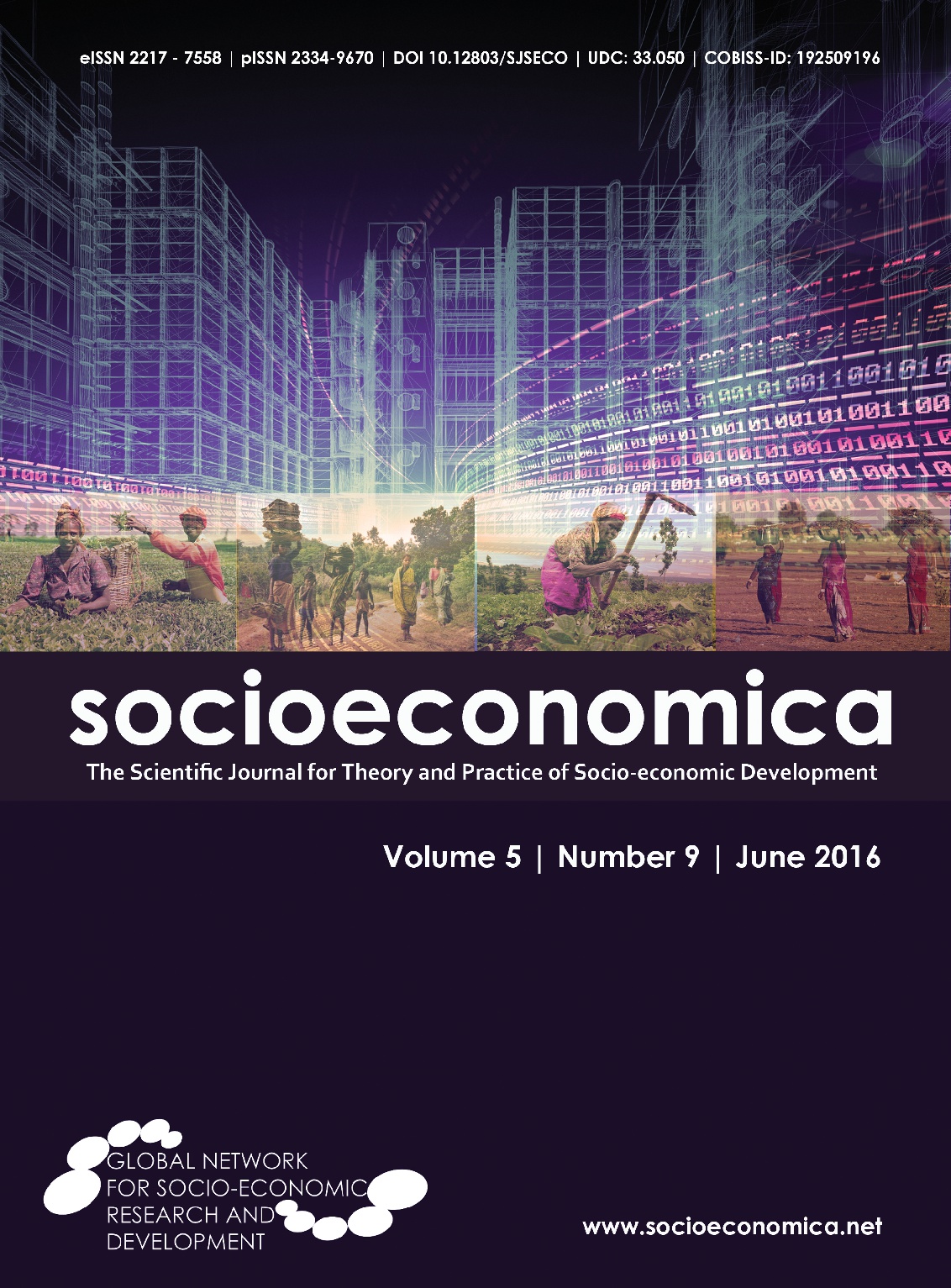Dignity And Ubuntu: Epitome Of South Africa’s Socio-Economic Transformation
Dignity And Ubuntu: Epitome Of South Africa’s Socio-Economic Transformation
Author(s): Mashele Rapatsa, Gaedupe MakgatoSubject(s): Education, Constitutional Law, Human Rights and Humanitarian Law, Health and medicine and law, Socio-Economic Research
Published by: Naučno društvo za promociju i unapređenje društvenih nauka AKROASIS
Keywords: Dignity; Ubuntu; Socio-Economic Rights; Transformation; Human Development;
Summary/Abstract: This article presents the overarching influence of dignity and Ubuntu in promoting South Africa’s socio-economic transformation. It illustrates how these doctrines embedded strong moral theory that guided transition from apartheid. Dignity has been instrumental in developing human rights, where as Ubuntu provided moral and philosophical basis upon which claims on socio-economic rights would be predicated. The theory of Transformative Constitutionalism is used to explain how Ubuntu influenced the law in the Constitution, to inherently be responsive to the call of restoring dignity to alter social and economic injustices inherited from the past. This became pivotal in shaping public policy that sought to safeguard people’s freedoms to develop their own capabilities. The Constitutional Court has used socio-economic entitlements of access to housing, health care, social security and education to build model jurisprudence that heralded how Ubuntu permeated into constitutionally established normative framework aimed at serving our humanity better. Thus, it is asserted that all programmes that seek to advance social and economic transformation should deploy Ubuntu as it proffers strong ethical and philosophical basis whose attributes are exceptional in preserving human worth.
Journal: Socioeconomica - Naučni časopis za teoriju i praksu društveno-ekonomskog razvoja
- Issue Year: 5/2016
- Issue No: 9
- Page Range: 65-76
- Page Count: 11
- Language: English

